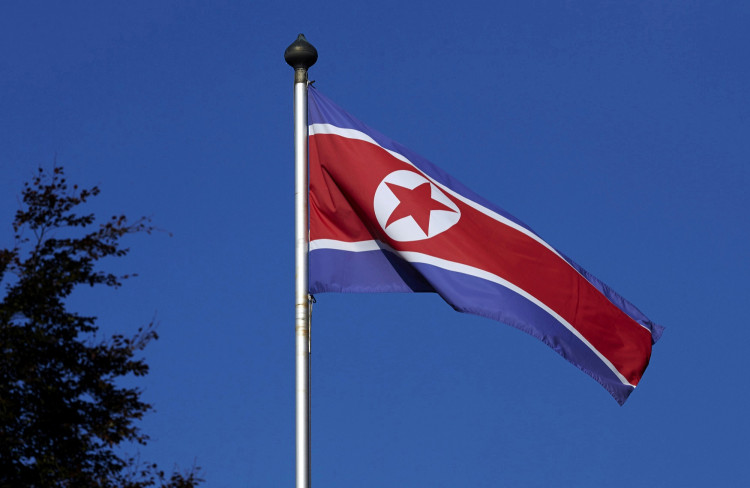The conflict in Ukraine has taken an increasingly global dimension as reports emerge of significant North Korean troop involvement in Russia's military campaign. White House National Security Council spokesperson John Kirby told reporters on Friday that North Korean forces are experiencing mass casualties on the front lines, with over a thousand soldiers killed or wounded in the Kursk region in just the past week.
"It is clear that Russian and North Korean military leaders are treating these troops as expendable," Kirby said, describing the attacks as "massed dismounted assaults." He also noted the heavy toll of "human wave tactics," which involve soldiers advancing on foot in concentrated numbers, often against well-fortified Ukrainian positions. The strategy has led to devastating losses for the North Korean units, he said.
North Korea's mission to the United Nations did not respond to requests for comment, while Russia's U.N. mission also declined to provide a statement. Ukrainian President Volodymyr Zelenskyy has previously estimated that more than 3,000 North Korean soldiers have been killed or wounded in the Kursk region. South Korea's intelligence agency places the total number of North Korean troops deployed in Russia at approximately 11,000, with casualties numbering in the thousands. These claims, while alarming, remain unverified by independent sources.
The presence of North Korean soldiers fighting alongside Russian forces is a stark reminder of the widening scope of the conflict. Earlier this month, Zelenskyy stated that North Korean battalions had been organized to bolster Russian efforts in the Kursk region, where Ukraine has managed to maintain control over key areas despite heavy Russian offensives. Kirby's comments reflect growing concern within the U.S. administration about the nature of these foreign deployments and their implications for the broader war.
Kirby further highlighted the extreme measures being taken by North Korean soldiers, including suicides on the battlefield, which he attributed to fears of reprisals against their families if captured. These troops "are highly indoctrinated, pushing attacks even when it is clear that those attacks are futile," Kirby said. He added that the deployment of foreign troops on Russian soil to defend Russian territory is a historical anomaly and a deeply troubling escalation.
The United States is preparing additional security assistance to Ukraine to counter these developments. Kirby emphasized that restrictions remain unchanged on the use of U.S.-provided weapons, meaning Ukraine cannot target Russian or North Korean forces on Russian territory. Nevertheless, Kirby expressed confidence in Ukraine's ability to defend itself and mount effective counterattacks with the continued support of Western allies.
Russia's use of North Korean soldiers reflects its persistent manpower challenges as it struggles to sustain its nearly three-year-long invasion. The reliance on foreign troops, particularly those from a state as isolated as North Korea, underscores the lengths to which Moscow is willing to go to achieve its objectives in Ukraine.
The international implications of North Korea's involvement have not gone unnoticed. The situation raises serious questions about the extent of collaboration between Russia and North Korea, as well as the latter's motivations for engaging in the conflict. Analysts suggest that North Korea's participation may be linked to its deepening diplomatic and military ties with Moscow, potentially in exchange for economic or military aid.




